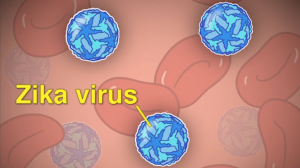NEW YORK (Reuters Health) – Gastric acid suppression using ranitidine in very low birthweight infants is associated with an increased risk of infection, necrotizing enterocolitis, and death, according to the findings of an Italian study reported in the January issue of Pediatrics.“Previous reports have suggested similar conclusions, although all of them had some limitations that can be considered overcame by our study,” the authors comment.Dr. Roberto Berni Canani, at the University of Naples Federico II, and colleagues note that gastric acid inhibitors are increasingly used “off label” in the neonatal ICU, most often as prophylaxis or therapy of stress ulcers or GERD. However, they continue, gastric acidity is major protective mechanism against infection, and insufficient elimination of ingested pathogens has been documented when gastric acid secretion is inhibited.The team therefore investigated the safety of ranitidine use in a prospective observational multicenter study involving 274 consecutive very low birthweight infants. In this cohort, 91 infants were given ranitidine and 183 were not.Infections – i.e., sepsis, pneumonia, or urinary tract infection — occurred in 37.4% of the ranitidine-exposed infants and in 9.8% of nonexposed infants (odds ratio 5.5; p <0.001), the investigators found. Furthermore, rates of necrotizing enterocolitis in the two groups were 9.8% versus 1.6%, respectively (odds ratio 6.6; p=0.003), and mortality rates were almost identical (9.9% vs 1.6%; p=0.003), the report indicates. Hospitalization was also significantly longer in those exposed to ranitidine.“Caution is advocated in the use of this drug in neonatal age,” Dr. Berni Canani and colleagues conclude.They add, “Further studies are necessary to investigate the pathogenesis of these effects and the possible prophylactic measures that could be taken to prevent them.”Reference:Ranitidine is Associated With Infections, Necrotizing Enterocolitis, and Fatal Outcome in NewbornsPediatrics 2012;129.




